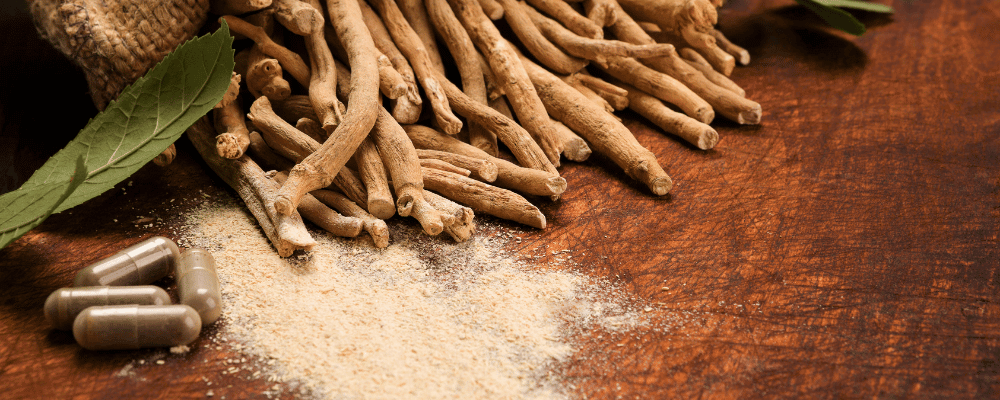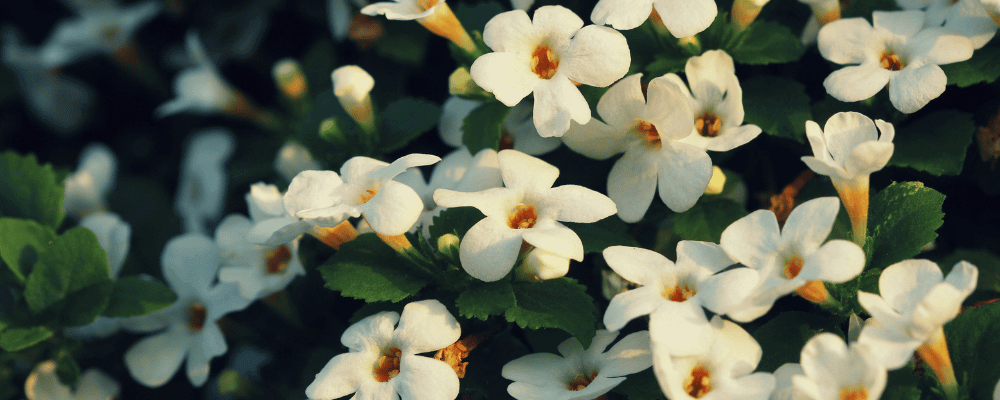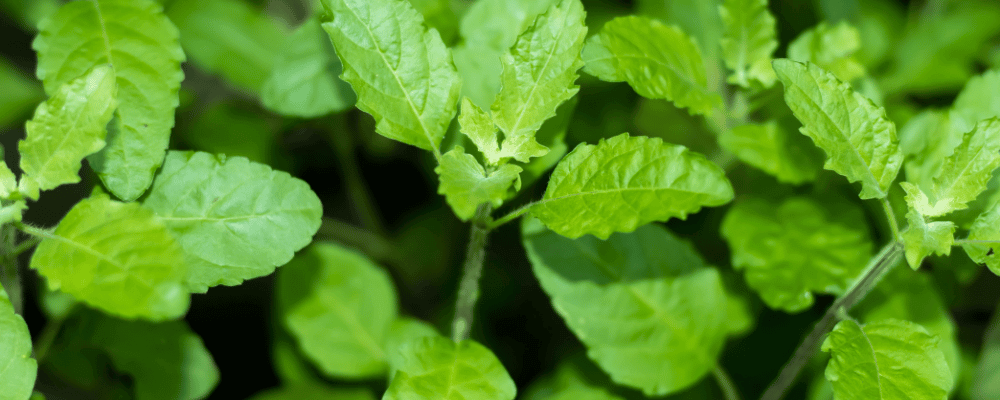In today’s demanding world, stress and anxiety have become common challenges affecting people across all ages and backgrounds. Long before modern medicine, Ayurveda—the ancient Indian system of holistic healing- offered powerful and natural ways to manage stress by addressing the root cause rather than just the symptoms.
Ayurveda views stress not merely as a psychological issue but as a systemic imbalance in the body and mind, typically resulting from disruptions in diet, sleep, lifestyle, or emotional patterns.
Here is how Ayurveda can help you manage stress and anxiety naturally and effectively.
Understanding Stress in Ayurveda
According to Ayurveda, stress is often a result of imbalances in the three doshas:
- Vata (air and space): Leads to fear, restlessness, and nervousness when aggravated.
- Pitta (fire and water): Manifests as anger, irritability, and frustration under stress.
- Kapha (earth and water): Triggers lethargy, depression, and emotional heaviness.
Understanding your dominant dosha helps you select the proper diet, lifestyle, and herbal support to bring balance and peace.
Top Ayurvedic Herbs for Stress and Anxiety Relief
1. Ashwagandha (Withania somnifera)
Ashwagandha is a renowned adaptogenic herb that helps regulate cortisol levels, boost energy, and reduce physical and emotional stress.
How to use: Take Patanjali Ashwagandha capsules or mix Ashwagandha churna in warm milk.

2. Brahmi (Bacopa monnieri)
Brahmi is a powerful brain tonic that enhances mental clarity, sharpens focus, and calms the mind.
How to use: Use Brahmi syrup, tablets, or Brahmi Ghrita for long-term mental wellness.

3. Tulsi (Holy Basil)
Tulsi is known for its calming effects on the nervous system. It reduces anxiety and boosts immunity.
How to use: Drink Tulsi herbal tea or add Patanjali Tulsi drops to warm water daily.

4. Shankhpushpi (Convolvulus pluricaulis)
This herb is beneficial for cognitive function and emotional balance. It is especially effective in calming hyperactivity and improving sleep quality.
How to use: Patanjali Shankhpushpi syrup can be consumed daily, especially during exam periods or times of high stress.
Ayurvedic Lifestyle Tips for a Calm and Balanced Mind
Start Your Day Mindfully
Wake up early and start the day with warm water and deep breathing (Pranayama). Anulom Vilom and Bhramari breathing techniques are particularly effective for calming the nervous system.
Eat a Sattvic Diet
A pure, light, and nourishing diet helps stabilize emotions. Focus on freshly cooked vegetables, whole grains, seasonal fruits, ghee, and nuts. Avoid processed foods, caffeine, and excessive spices.
Self-Massage (Abhyanga)
Massaging the body with warm oil—such as sesame or Brahmi oil—soothes the nervous system and helps ground Vata imbalances.
Establish a Bedtime Routine
Go to bed before 10 PM and avoid screen exposure after sunset. Drink warm milk with Ashwagandha or turmeric, and create a calming environment using essential oils like sandalwood or lavender.
Gentle Yoga and Meditation
Daily yoga, even for 20 minutes, can release tension and restore balance. Recommended poses include:
- Child’s Pose (Balasana)
- Seated Forward Bend (Paschimottanasana)
- Legs-Up-the-Wall Pose (Viparita Karani)
- Corpse Pose (Savasana)
Follow your practice with guided meditation or silent reflection.
Stress-Relief Product Recommendations
To support your journey toward calmness and resilience, consider adding these Ayurvedic products to your routine:
- Patanjali Ashwagandha Capsules
- Brahmi Syrup or Tablets
- Patanjali Tulsi Drops
- Herbal Stress Relief Teas
- Shankhpushpi Syrup
- Medicated Oils for massage
You can find these and more in our curated Ayurvedic wellness store.
Final Thoughts
Managing stress and anxiety through Ayurveda is not about quick fixes—it’s about creating harmony in your life. With the right herbs, consistent lifestyle habits, and awareness of your dosha, you can cultivate a balanced mind and resilient body.
Start small. Be consistent. And remember—Ayurveda works best when practiced daily, not occasionally.
